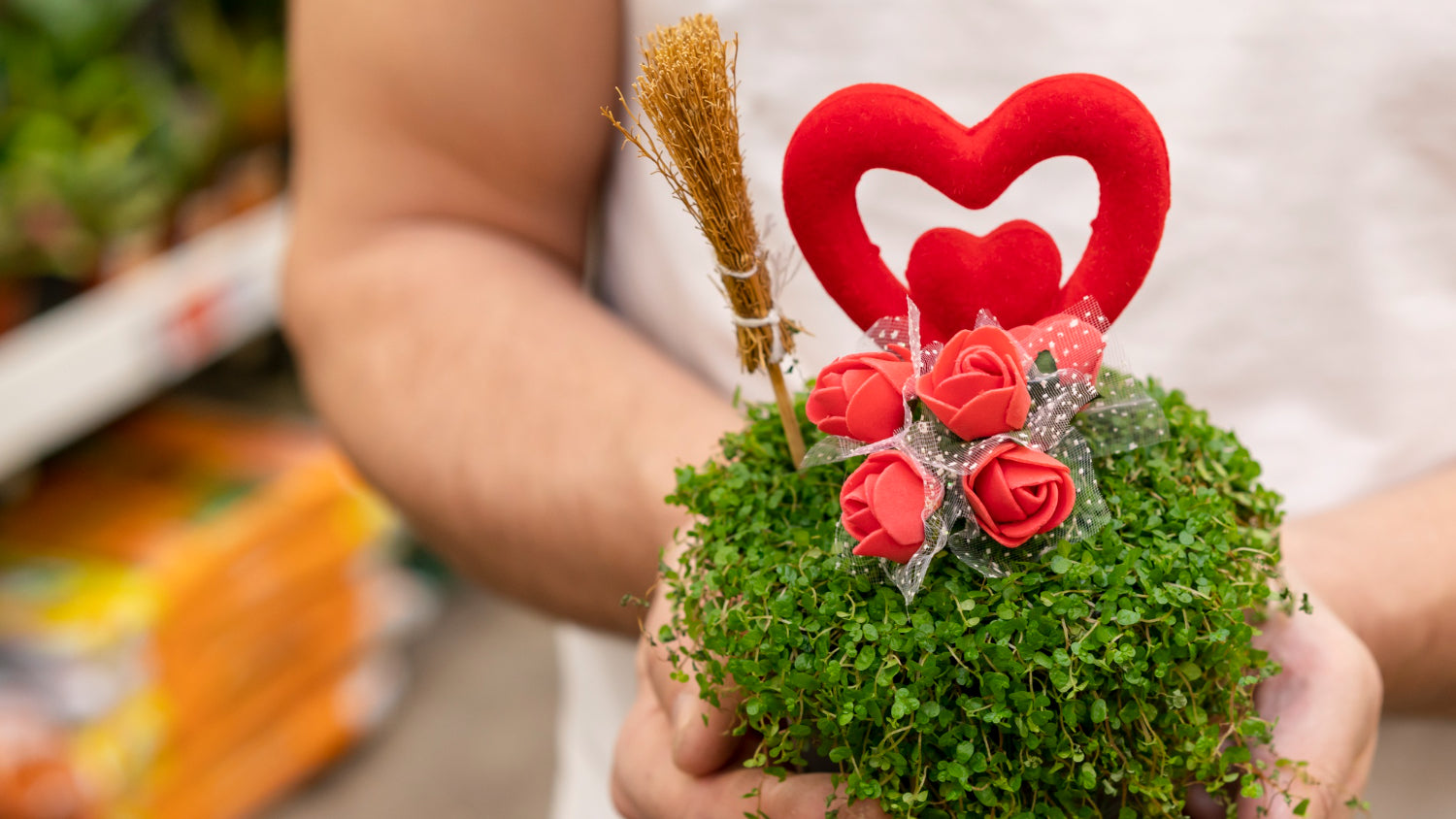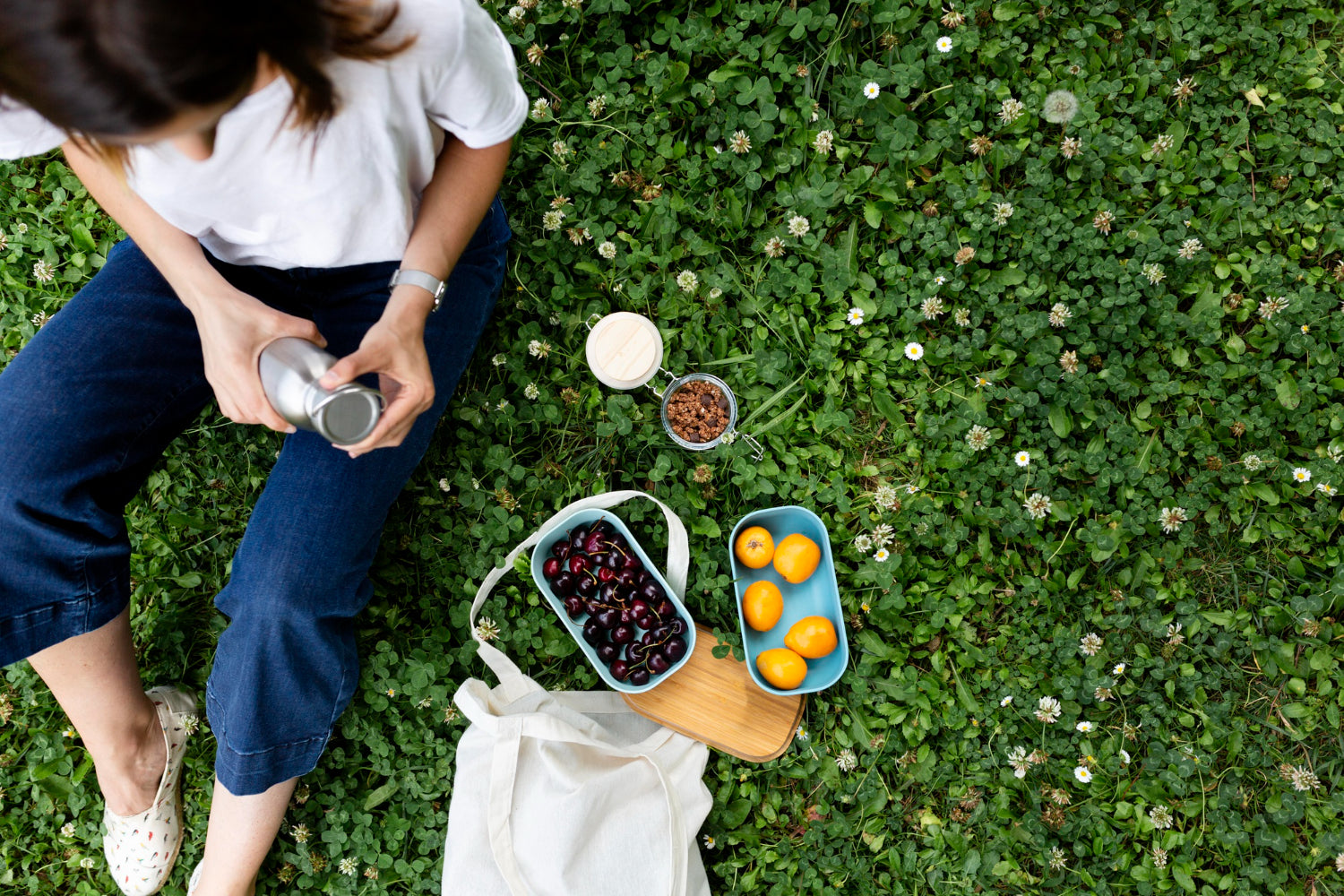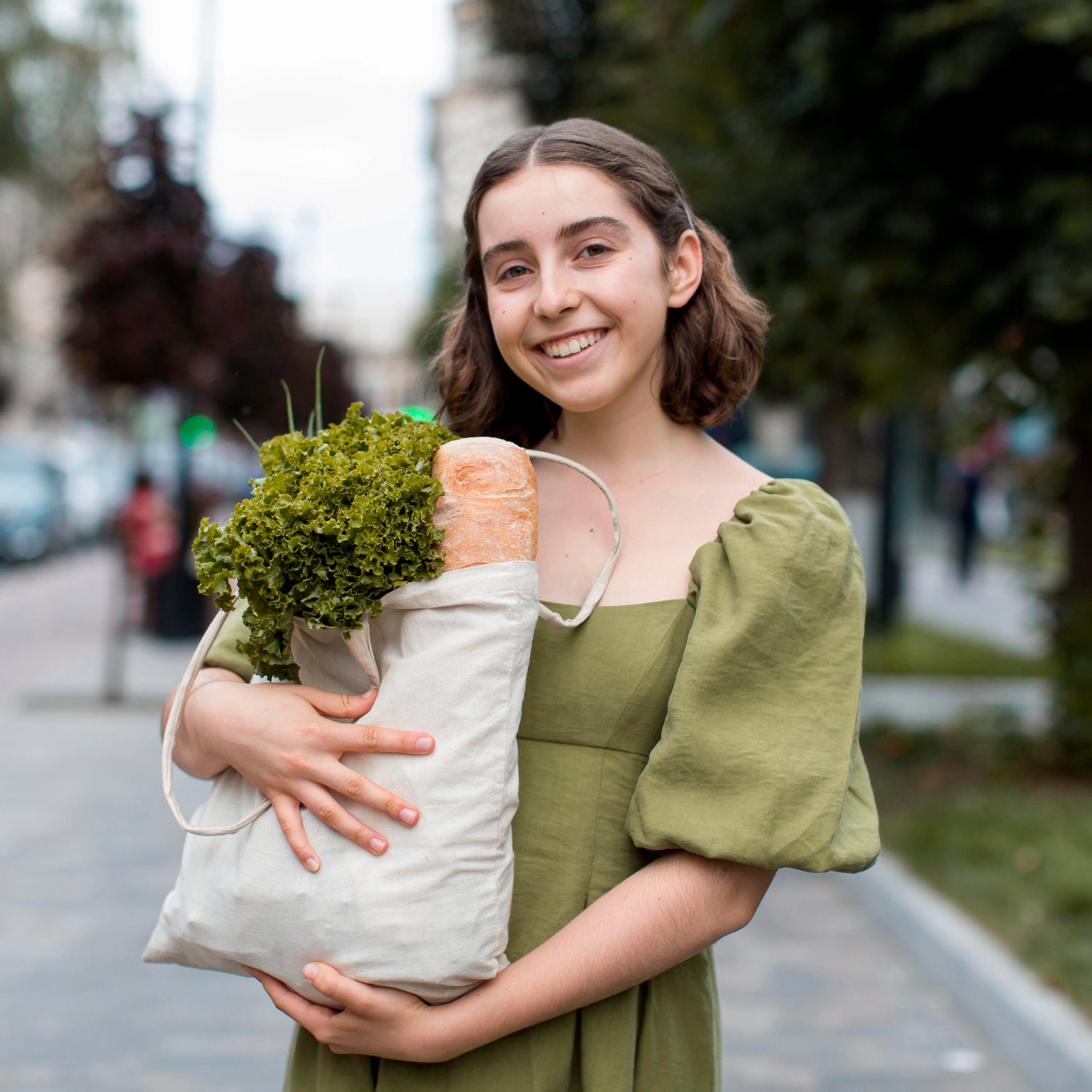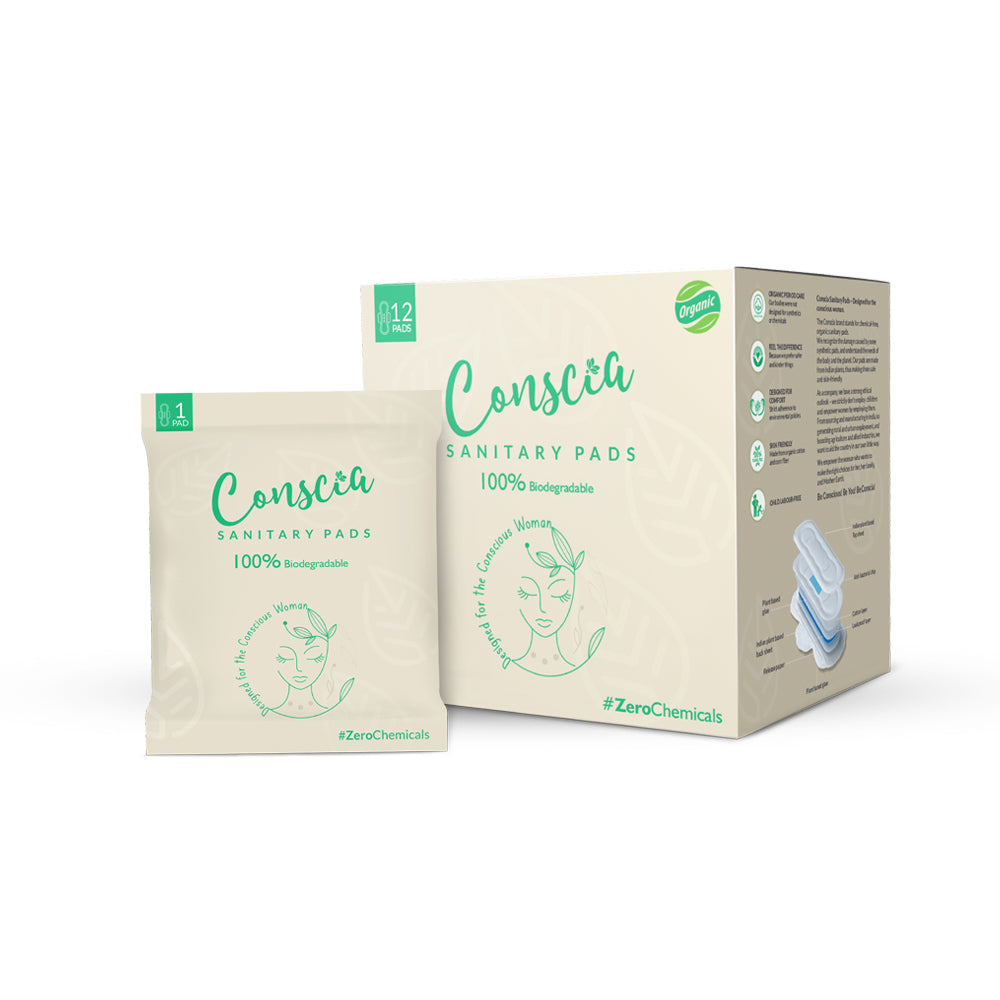A Complete Guide for New Moms
Introducing solid foods is a milestone every parent looks forward to, especially in India, where cultural traditions influence our choices. The first solid food is not just about nutrition; it’s a rite of passage, signaling your baby’s growth from infant to toddler. This comprehensive guide explores everything you need to know about starting solids for Indian babies, focusing on the popular and culturally significant first food Uggu a traditional rice cereal.
The Importance of Starting Solids at the Right Time
Starting solids at the right time is crucial for your baby's development. The World Health Organization (WHO) recommends introducing solids around 6 months of age. By this time, breast milk or formula alone may not meet the growing nutritional needs of your baby. Introducing solids helps fill this gap and supports the development of motor skills, such as chewing and swallowing.
Signs Your Baby is Ready for Solids
Before diving into the specifics of what to feed your baby, it’s essential to know the signs that indicate your baby is ready for solid foods:
- Sitting up with minimal support: Your baby should be able to sit up, as this helps in swallowing food safely.
- Loss of the tongue-thrust reflex: Babies have a natural reflex to push their tongue out when something enters their mouth, which usually diminishes around 4-6 months.
- Interest in food: If your baby shows curiosity about what you’re eating, it’s a good sign they’re ready to try solids.
- Increased hunger: If your baby seems unsatisfied after breast or bottle feeding, it might be time to introduce solids.
Why Uggu is the Best First Solid Food for Indian Babies
In many Indian households, the first solid food introduced to babies is Uggu a simple, homemade rice cereal. Uggu is preferred for several reasons:
- Nutrient-Dense: Uggu is rich in carbohydrates, which provide the energy your baby needs. It can also be fortified with iron and other nutrients.
- Gentle on the Stomach: Rice is a mild grain, making it an excellent option for babies who are just starting solids. Uggu’s smooth texture makes it easy for babies to swallow and digest.
- Culturally Rooted: Uggu has been a staple food for Indian babies for generations. It’s more than just food; it’s a tradition that connects us to our cultural heritage.
Preparing Uggu: A Step-by-Step Guide
Making Uggu at home is simple and allows you to control the quality and freshness of the ingredients. Here’s how you can prepare it:
- Ingredients:
- 1/4 cup of rice
- 1/2 cup of water
- A pinch of salt (optional for babies over 1 year)
- Preparation:
- Wash the rice thoroughly and soak it in water for about 30 minutes.
- Drain the rice and dry it on a clean cloth.
- Dry roast the rice in a pan until it turns light golden brown.
- Grind the roasted rice into a fine powder using a grinder.
- Store the rice powder in an airtight container for future use.
- Cooking:
- Take 1 tablespoon of the rice powder and mix it with water to make a smooth paste.
- Boil 1/2 cup of water and gradually add the rice paste, stirring continuously to avoid lumps.
- Cook on low heat until the mixture thickens to a porridge-like consistency.
- Allow it to cool before feeding it to your baby.
Other Nutritious First Foods to Consider
While Uggu is a fantastic starting point, it’s important to diversify your baby’s diet as they grow. Here are some other first foods you can introduce:
- Mashed Bananas: Rich in potassium and easy to digest, bananas are often a baby’s first fruit.
- Vegetable Purees: Start with mild-tasting vegetables like carrots, pumpkins, and sweet potatoes, which are high in essential vitamins.
- Moong Dal Soup: A protein-rich lentil soup that is light and easy to digest, making it an excellent choice for young babies.
- Ragi (Finger Millet) Porridge: A superfood packed with calcium and iron, Ragi is another traditional food in many parts of India.
Safety Tips for Introducing Solid Foods
When introducing solids, safety should be your top priority. Here are some tips to ensure a safe and smooth transition:
- Introduce one food at a time: Start with a single food and wait 3-5 days before introducing another. This helps identify any allergic reactions.
- Watch for allergies: Keep an eye out for signs of allergies, such as rashes, vomiting, or diarrhoea.
- Avoid honey and salt: Babies under one year should not be given honey due to the risk of botulism. Salt should also be avoided as their kidneys are not mature enough to handle it.
- Keep it smooth: Ensure that the food is pureed or mashed to a smooth consistency to avoid choking hazards.
Cultural Significance of First Foods in India
In India, the introduction of solid foods is often marked by a special ceremony known as Annaprashana. This ceremony, usually held when the baby is around 6 months old, symbolizes the transition from breastfeeding to solid foods. During Annaprashana, the baby is fed their first solid food, which is often Uggu, rice, or payasam (a sweet rice pudding), depending on regional customs.
Common Myths and Misconceptions About Starting Solids
There are many myths surrounding the introduction of solid foods in Indian culture. Let’s debunk a few:
- Myth: "Adding ghee to your baby’s food will make them stronger."
- Fact: While ghee is a source of healthy fats, adding too much can be harmful. It’s best to introduce fats gradually and in moderation.
- Myth: "Introducing solids early will help your baby sleep through the night."
- Fact: There’s no scientific evidence to support this claim. Babies wake up for many reasons, and starting solids early can actually cause digestive issues.
- Myth: "You should avoid feeding your baby certain foods based on their astrological signs."
- Fact: Nutritional needs should guide your food choices, not superstitions. Consult with your paediatrician for advice based on health, not astrology.
How to Handle Picky Eaters
Introducing solids can sometimes be challenging, especially if your baby is a picky eater. Here are some tips to encourage them to try new foods:
- Be Patient: It might take several tries before your baby accepts a new food. Don’t give up!
- Mix Familiar with New: Combine a new food with something your baby already likes to ease the transition.
- Make it Fun: Turn mealtime into a positive experience by engaging with your baby, using colourful utensils, and even singing songs.
- Lead by Example: Babies often mimic their parents. If they see you enjoying a variety of foods, they may be more inclined to try them.
Conclusion: Starting Your Baby’s Journey with Uggu
Introducing your baby to solid foods is an exciting journey filled with discovery and joy. In India, Uggu remains a trusted and nutritious food that aligns with our cultural values and traditions. By starting with Uggu and gradually expanding their diet, you’re setting the foundation for a lifetime of healthy eating habits.
CTA: Experience the Tradition with My Baby Food Uggu
Ready to introduce your baby to the world of solid foods? Try My Baby Food Uggu—a nutritious, easy-to-digest rice cereal that’s perfect for your baby’s first meal. Crafted with love and rooted in tradition, My Baby Food Uggu offers the best start for your little one’s food journey. Order now and give your baby the gift of wholesome nutrition!
Why Choose Uggu for Your Baby's First Food?
uggu is crafted with love and care, using traditional Indian recipes passed down through generations. Made from organic rice and lentils, it is a wholesome, easily digestible food perfect for your baby’s delicate tummy.
Give your baby the best start with uggu, ensuring they receive all the essential nutrients needed for healthy growth and development.






